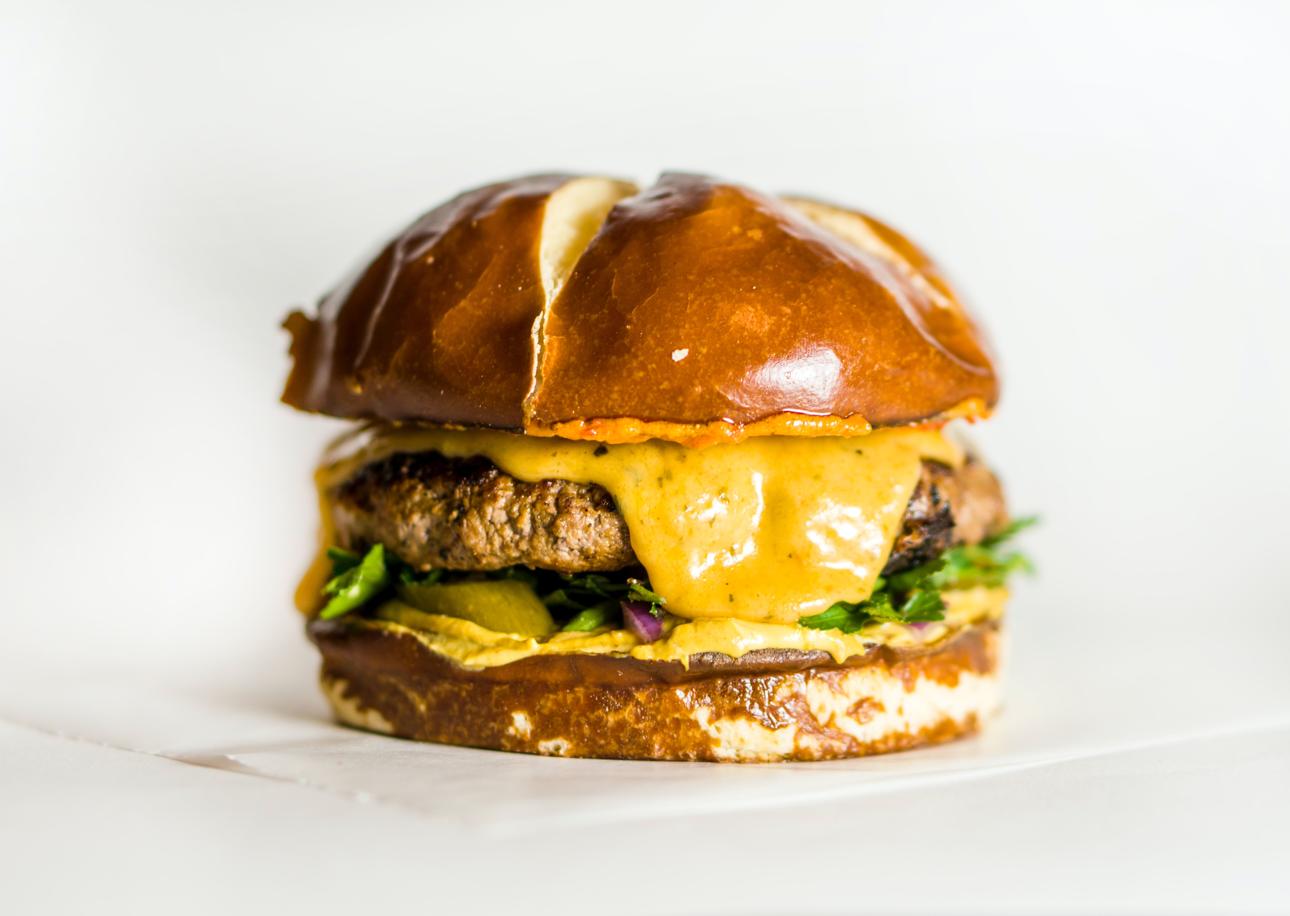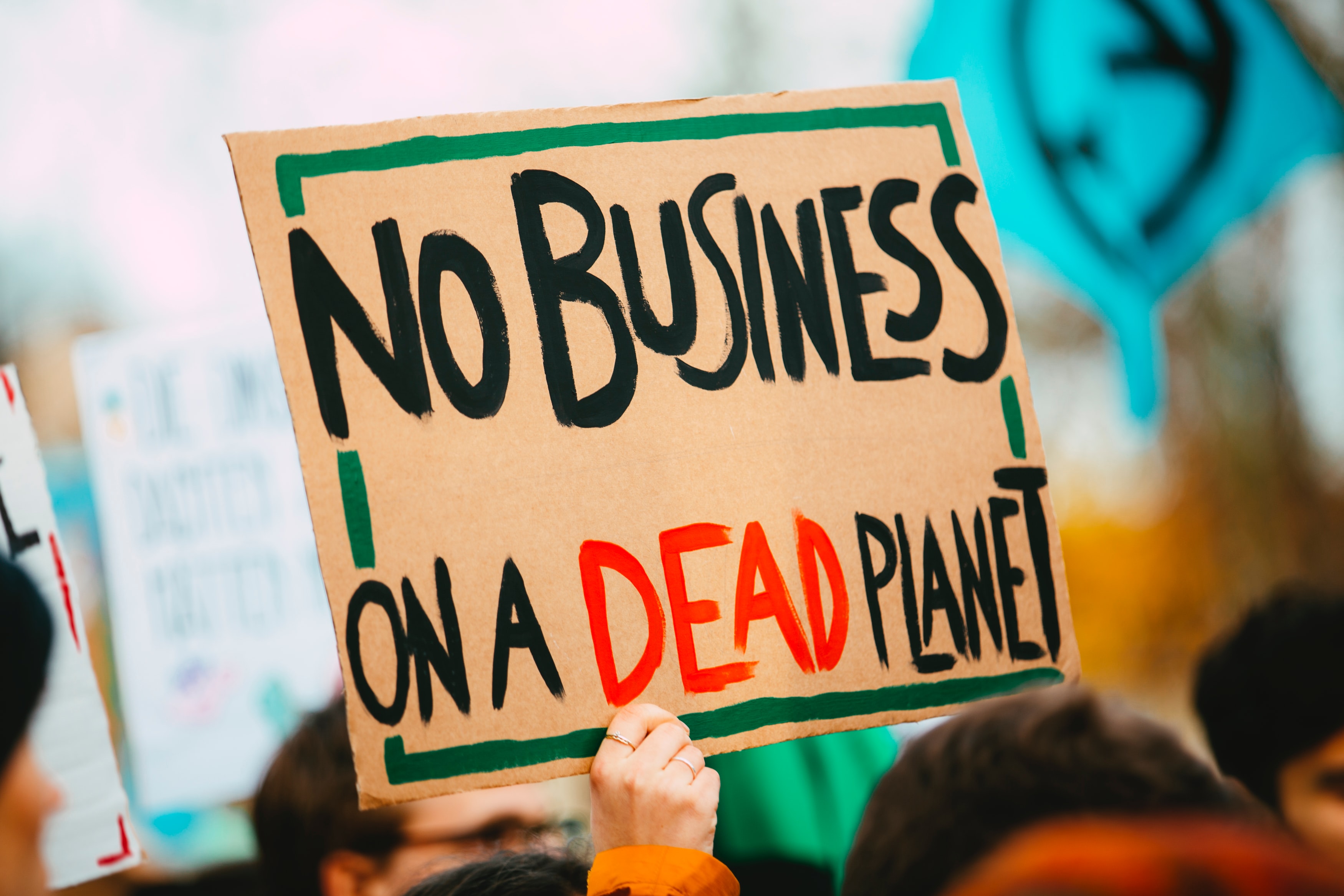Gentlemen’s Guide: Bangkok’s 5 Best Barber Shops
These top 5 barber shops in Bangkok are where gentlemen can elevate ...

Dutch city Haarlem will become the first in the world to ban meat ads from public spaces, because of the food’s climate impact.
With a population of around 160,000, Haarlem lies to the west of Amsterdam. From 2024, the city will outlaw ads for intensively farmed meat on public places like buses, shelters, and screens. Whether sustainably-produced meat will be included in the ban has yet to be decided.
According to the UN, livestock generates more than 14% of all man-made greenhouse gases, including methane. “Meat is harmful to the environment. We cannot tell people that there is a climate crisis and encourage them to buy products that are part of it,” Ziggy Klazes, a councilor from the green political party GroenLinks—who drafted the motion—told the Trouw newspaper.
The response from meat producers was, of course, swift. The ban has been criticised by political parties and the Dutch meat industry, who view it as stigmatization and a form of censorship.

“It is an unacceptable violation of entrepreneurial freedom and it would be fatal for pig farmers”, said Joey Rademaker, a Haarlem councilor for the right-wing BVNL party, adding that he believes banning commercials through political motives is almost dictatorial. According to a law professor from the University of Groningen, Herban Bröring has said the ban could lead to lawsuits from wholesalers.
Klazes said it will be the first in Europe and indeed the world to ban “bad” meat ads in public spaces. She believes it disputes the city’s politics to earn money by renting the city’s public space to products which accelerate global warming. The ban would target all cheap meat from intensive farming, which includes ads from fast food chains.
According to Statistics Netherlands, about 95% of the population eat meat though less than half consume it everyday. To meet the EU’s target of net zero emissions by 2050, Greenpeace research suggests meat consumption must be reduced to 24 kg per person per year, compared with the current average of 82kg. The Netherlands is the EU’s biggest meat exporter.
Air travel ads, petrol-driven cars, and fossil fuel ads have already been banned in Amsterdam and The Hague—now Haarlem is set to add meat to that list.
These top 5 barber shops in Bangkok are where gentlemen can elevate ...
In a cinematic landscape saturated with remakes, reboots and sequels, you might ...
While traditional TV shows are serving us endless boy-meets-girl tales. Thailand has ...
Must-have gadgets for kids in the Y2K are, predictably, making a comeback ...
Stay ahead of the curve with these three must-visit new restaurants in ...
See how Kim Steppé’s early passions, family values and entrepreneurial spirit continue ...
Wee use cookies to deliver your best experience on our website. By using our website, you consent to our cookies in accordance with our cookies policy and privacy policy